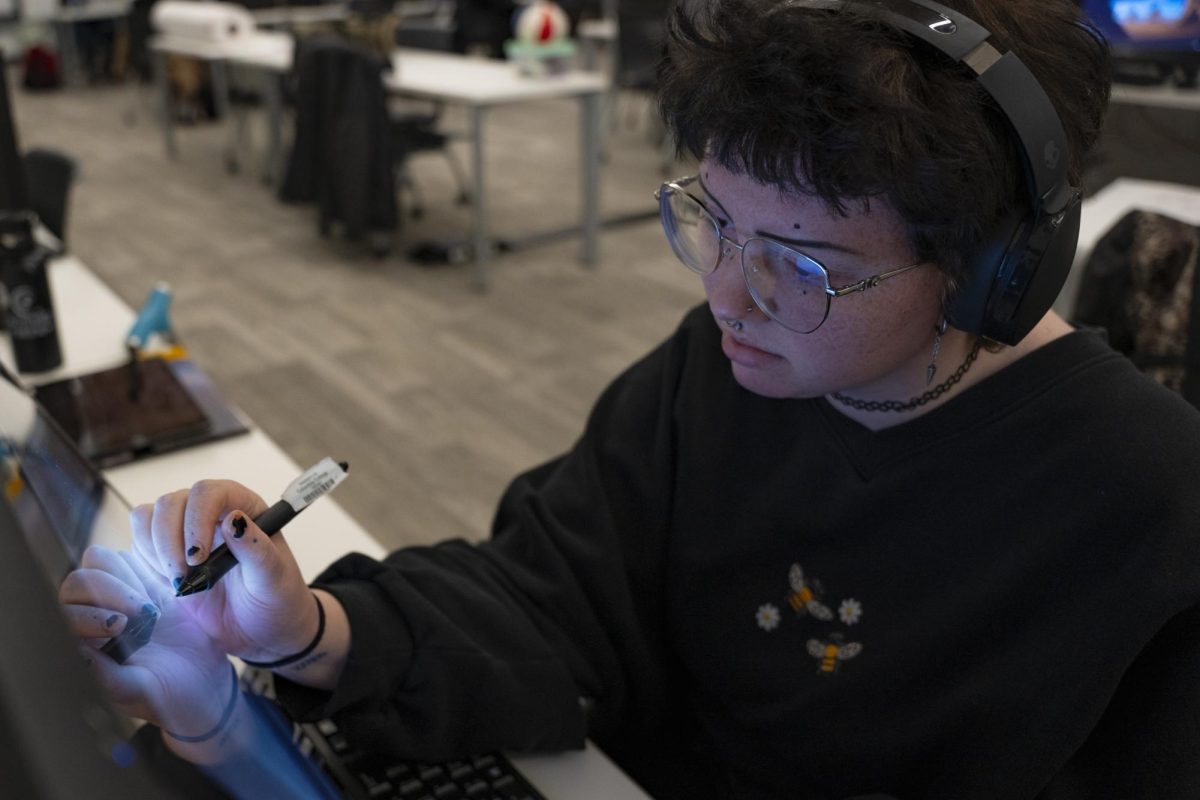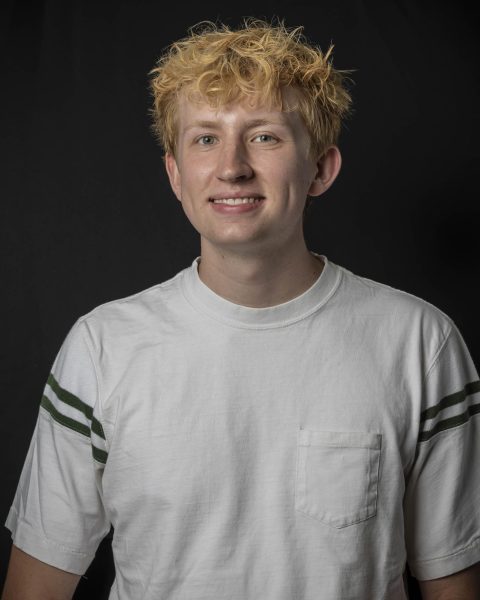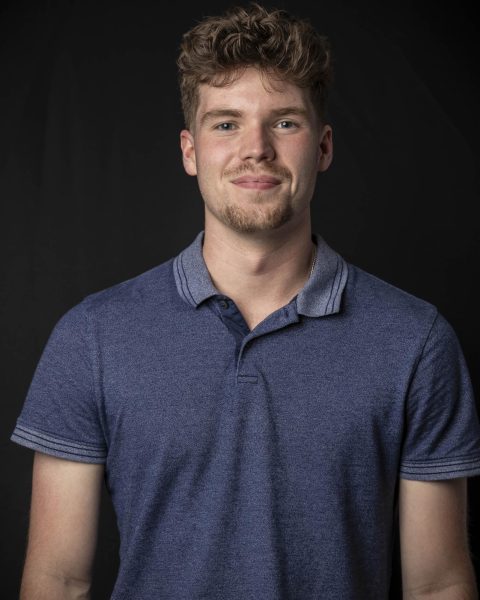Ethical use of artificial intelligence platforms like ChatGPT has been at the forefront of the job industry since its inception in November 2022.
This is no different for students close to entering the post-college job market.
AI has already been in use by job recruiters for several years to help screen resumes and cover letters in the recruitment and hiring process.
“Just the job recruitment process has been gradually changing before the pandemic, but especially during the pandemic, into AI,” said Yonty Friesem, associate professor of communication.
To help students adapt to the rapid changes in the professional world brought by AI, Friesem has implemented assignments into their Media Ethics and Law course, to encourage students to get experience working with AI platforms.
“I’m not saying you need to use AI all the time, but this is a tool you should be familiar with,” Friesem said. “At the same time, you need to understand that nothing that the computer generates, or the algorithm generates needs to be taken for granted. You need to fact-check it, you need to look at it, you need to modify it.”
Senior graphic design and film double major Maika Shibata doesn’t feel overly concerned about AI’s capabilities and thinks human creativity outweighs the technology’s abilities.
“One thing that AI lacks is humanity, that life that grounds people. From that you get creativity, you get imagination,” Shibata said. “I think that is what makes us authentic and original, and more special than what AI could ever create.”
Shibata has worked in the Career Center as a peer coach for two years and helps students create resumes and cover letters. Through her work at the Career Center, she has come to see AI technology as something that could be valuable for students.
“If you tell someone ‘Oh don’t do this, don’t do that,’ they’re more inclined to do it,” Shibata said. “So we figured it’d be better if we help students figure out how they can best use it to help them write their resume.”
Senior music major Martha White sees services like ChatGPT as a potential aid to help with writer’s block while writing songs. Though she hasn’t used any AI platforms for this yet, she thinks it could be a helpful tool down the line.
“It’s a good starting point if you’re in a writer’s block and you need some ideas,” she said. “I think it could be very useful as a tool, but I don’t think that we, as artists, are going to be fully replaced by AI.”
However, AI poses a slightly bigger potential risk to those working on the audio recording side of music.
Emma Butterworth, who graduated in Fall 2023 with a degree in music recording, recognizes that AI could possibly threaten jobs like her own as an audio engineer.
“There is the very real possibility that AI will take jobs from engineers who know how to mix music,” she said. “There’s already programs out there that will master your music for you.”
Butterworth said using online services, such as eMastered, an audio mastering service, to help mix or master music is a more cost-effective way for artists to polish their work, but that the quality of work completed by a human engineer remains superior.
“I really don’t think it will ever be fully replaced, but I do think that it will become a lower-budget option for artists who may not have the finances to pay a mixing engineer for their first record,” she said.
Cornell Wright, who worked in various positions throughout the college’s Information Technologies Department for 20 years, has observed the changes that AI has brought to technology across various industries.
Wright, who is currently a Windows Engineer at Argonne National Laboratory, which is a branch of the Department of Energy said “a lot of the hype for AI is about what it might grow into and its potential.”
“I’ve seen what’s happened with a lot of different things, the Metaverse, where it seems like it’s a really cool idea and we’re gonna apply it in all these different places, and then it kind of fizzles out,” Wright said. “We’ll see where it goes.”
Wright said creative industries are likely less at risk of AI taking over due to the technology’s inability to replicate human-made art, music and work. He believes that learning how to incorporate the technology into aspects of work will help lessen the perceived risks associated with AI.
“The problem of viewing it as a threat is you’re fighting the currents of technological innovation,” he said. “Some element of that will be through everyone’s career, especially if you want to be successful with technology in any aspect. You’re going to have to accept, understand and find a way to integrate AI into your workflow.”










